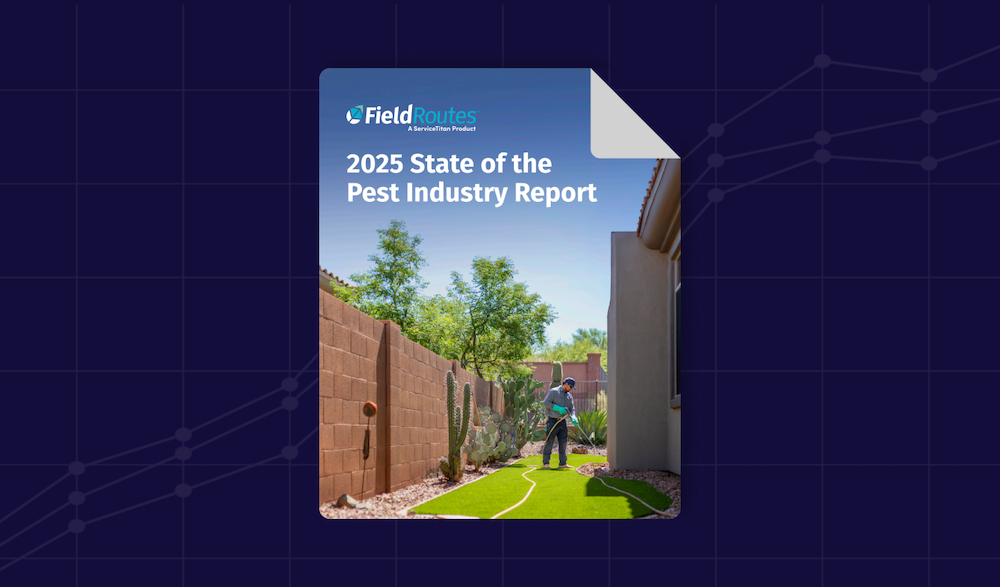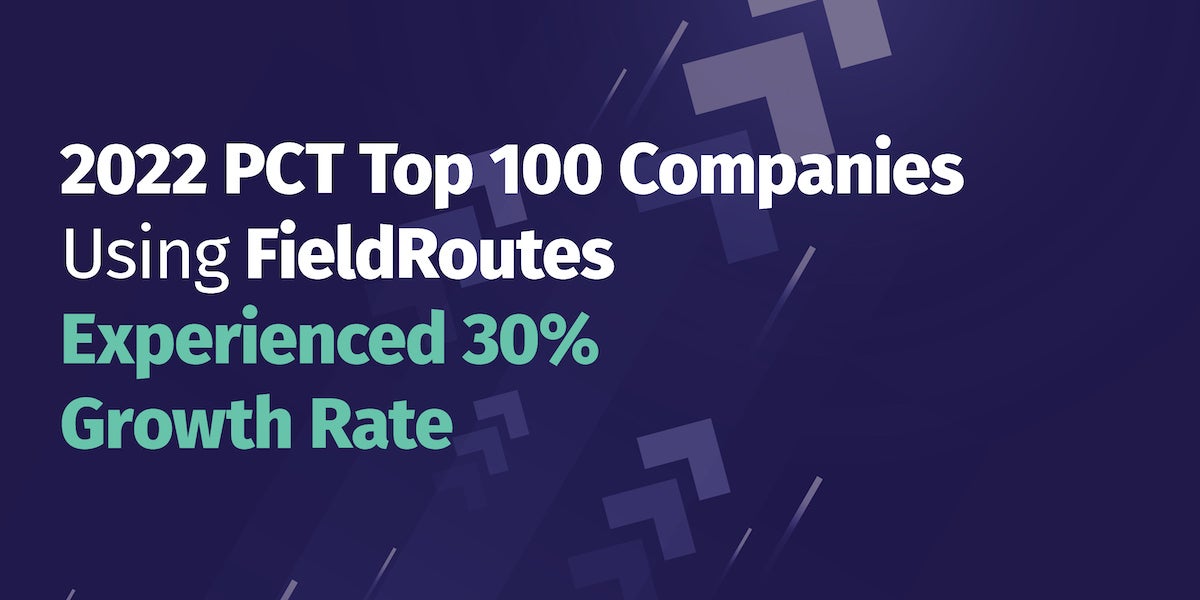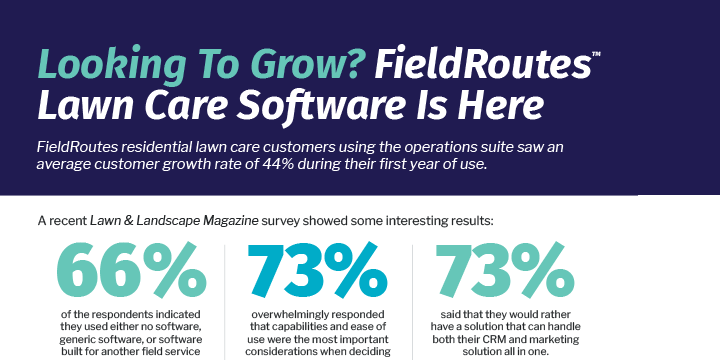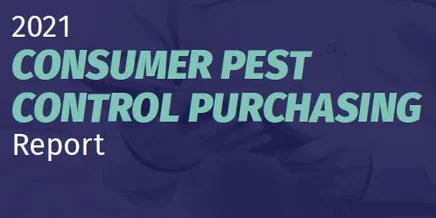Pest Control Technician Salaries By State And City 2025
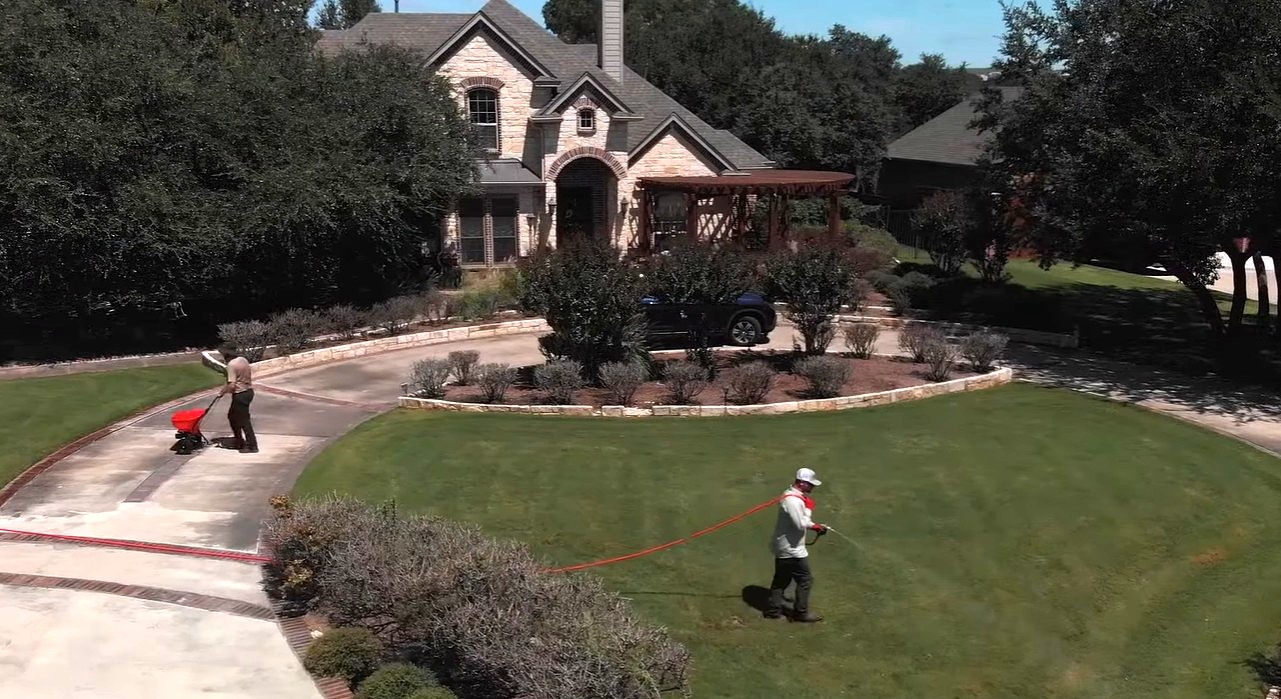
Pest control company leaders consider recruiting and retaining employees essential to achieving their business goals, just behind growing revenue and keeping or acquiring customers.
To retain technicians, leaders are responding with competitive base salary increases–and more.
Median salaries for technicians with up to two years of experience rose 3.22% across the United States in the past year, according to research in 2025 by Payscale for FieldRoutes.
"In today's economy and job market, if you ask any company, the only thing holding us back from growth is good employees," says Kendra Snyder, co-owner of Quest Termite & Pest in Hellertown, PA. "You do your best to incentivize them to come to work regularly, and do good work, and follow our mission statement, our core values, and all the things that make us awesome in the industry, and give us our good reputation that we won't compromise.
"And that costs money. They're our biggest dollar line item in our P&L."
Kevin McKee, owner of Ross Pest and Lawn in Texas for 25 years, has figured out how to keep his team intact.
"I don't want people coming for a year and leaving for the next-highest-paying thing," he says.
So McKee, who hasn’t seen a technician leave in four years, supplements technicians' salaries by offering production commissions, providing training, helping his team think strategically when it comes to their own financial planning, and making Ross Pest and Lawn's bottom line transparent. Such a holistic approach addresses not only the employees’ financial needs but their professional development, long-term financial well-being, and a sense of shared understanding and purpose within the company.
"It's been amazing to me the response from them,” McKee says. “Now they know what a P&L is, they know what a good profit line looks like, and it's important to them to see that and understand it."
Besides the calculations that go into determining a technician’s base salary, it’s those other ways that companies compensate and show care for their employees that will prove vital as they aim to grow revenue and retain staff in 2025.
A closer look at pest control technician salary findings
Pest control leaders in 28 states reported paying higher median salaries for technicians with up to two years’ experience in 2025 compared to 2024, Payscale’s research for FieldRoutes found.
New Jersey, with median salaries rising 4.15% on average, showed the largest gain. Wyoming, with an average increase of 1.96%, ranked No. 50.
A sampling of one metropolitan area in each state and the District of Columbia showed that median salary increases for technicians with up to two years of experience averaged a gain of 3.53% from 2024 to 2025.
Salaries in Denver, CO, led the way with a 3.73% gain. The increases in Des Moines, IA, and Minneapolis, MN, of 3.38% ranked Nos. 50 and 51 among metro areas but were still higher than the national average.
Among Payscale’s statistical findings:
States, median salary
Top five
California, $56,100 ($26.97 per hour)
New Jersey, $55,200 ($26.54)
Washington, $54,900 ($26.39)
Massachusetts, $54,400 ($26.15)
New York, $53,900 ($25.91)
Bottom five
West Virginia, $46,600 ($22.40)
Wyoming, $46,900 ($22.55)
Mississippi, $46,900 ($22.55)
South Dakota, $47,400 ($22.79)
Arkansas, $47,400 ($22.79)
State percentage gains, median salary
Top five
New Jersey, 4.15%
California, 4.08%
Illinois, 3.98%
Massachusetts, 3.82%
Washington, 3.78%
Bottom five
Wyoming, 1.96%
Montana, 2.12%
West Virginia, 2.19%
Idaho, 2.53%
Vermont, 2.54%
Metropolitan areas, median salary
Top five
San Francisco, CA, $60,800 ($29.23 per hour)
New York, NY, $57,400 ($27.60)
Newark, NJ, $56,700 ($27.26)
Seattle, WA, $56,000 ($26.92)
Bridgeport, CT, $55,700 ($26.78)
Bottom five
Charleston, WV, $45,400 ($21.83)
Jackson, MS $47,100 ($22.64)
Sioux Falls, SD, $47,200 ($22.69)
Wichita, KS, $47,300 ($22.74)
Birmingham, AL, $47,400 ($22.79)
Little Rock, AR, $47,400 ($22.79)
Metropolitan area percentage gains, median salary
Top five
Denver, CO, 3.73%
Cheyenne, WY, 3.73%
Milwaukee, WI, 3.72%
Oklahoma City, OK, 3.67%
Charleston, WV, 3.65%
Bottom five
Des Moines, IA, 3.38%
Minneapolis, MN, 3.38%
Louisville, KY, 3.40%
Charleston, SC, 3.40%
Albuquerque, NM, 3.42%
Fargo, ND, 3.42%
Besides salaries, there’s more good news for those who want to find a path into the pest control industry.
Growth in pest control worker jobs, through 2033, is projected at 7%, according to a 10-year projection from the U.S. Department of Labor’s Bureau of Labor Statistics. About 13,100 openings for pest control workers are projected each year, on average, over the decade. The average growth rate for all occupations is 4%, according to those statistics.
Insurance, incentives, and insight
Parker County, the Texas home to McKee's Ross Pest and Lawn in Aledo about 30 miles west of Fort Worth, ranks among the fastest-growing counties in the nation.
Its population, about 150,000 in 2020, is approaching 190,000 in 2025, a gain of more than 26%, according to WorldPopulationReview.com. That five-year growth rate ranks fifth in Texas and ninth nationally.
The median salary in Texas for technicians with up to two years of experience is $51,000, according to Payscale's research for FieldRoutes. And McKee says that lines up with what his technicians earn.
On top of their base salaries, McKee is paying his five technicians 6% commission.
"That is probably worth another $6 an hour," he says.
And McKee is driving growth in his business, perhaps 20% in 2025, without driving his technicians into the ground. They average about eight stops per day.
"We're not loading our techs with 20 stops," McKee says. "We're all about taking our time with the customer. It's a different model, and I think that appeals to people.
“We're real big on family, so I don't want guys working long hours,” he adds. “I don't want them working weekends. I want them home with their family. I want them to make a livable wage that pays their bills, allows them to enjoy life, to take care of their family.”
But there's more. McKee offers training, whether a technician is new or brings in 20 years of experience. Besides simply offering his employees a SIMPLE IRA, he offers the "why" in helping employees understand it as a long-term investment in their financial future. And team meetings can help build soft skills such as problem-solving or involve strategy-making for one, two, and five years away.
McKee also shares the company’s financial picture with his employees.
"It's not just their healthcare, but the general liability, the workers' comp, that we have to carry for them," McKee says. "The vehicle insurance that goes to cover their truck, the chemical cost. And they see that.”
And that’s all in addition to medical, vision, dental, and life insurance; 80 hours of vacation after one year of service and 120 hours after two years; and technicians being allowed to drive their trucks home.
Among ways other companies compensate technicians and other employees:
Green Pest Solutions and Green Lawn Fertilizing: The West Chester, PA, company, is one of the nation's top revenue producers at nearly $51 million in 2024. May proved to be an impressive month for recognition: The company learned that it rose two spots to No. 24 in the PCT Top 100, and they credit employee engagement as one of the reasons, and for a seventh straight year it earned “Best Places to Work” honors from the Philadelphia Business Journal.
Green Pest and Green Lawn’s benefits offerings include employer-paid life insurance, long-term disability, and accidental death and dismemberment; wellness and employee assistance programs; a 401(k) with a company match; and health savings and flexible spending accounts to go with medical, dental, and vision insurance.
“This milestone belongs to every member of our team,” Josh Willey, president and chief operating officer, said of the new PCT ranking in a news release. “From the technicians in the field to the support staff behind the scenes, it’s our shared commitment to excellence that drives our success."
Inspire Pest Control: Some companies continuing to grow aren’t always in position to match their colleagues who are in another revenue orbit. But Jared King, the owner of Inspire Pest Control in Birmingham, AL, found a healthy perk with multiple benefits to offer to his small technician team: A paid annual membership to the YMCA of Greater Birmingham.
Besides any health gains a technician might make by participating in programs, the YMCA’s Kid’s Night Out program provides a social activity for children—and a night out for parents. And a YMCA can provide shelter for a technician during a storm.
“They have somewhere instead of going to a coffee shop or sitting in a restaurant or sitting in their truck," King says.
Elite Pest and Termite Control: Elite, in Pataskala, OH, just outside Columbus, provides its small team of technicians with a $75 annual boot allowance, says Jessica Sparks, who co-owns the growing business with her husband, Brad.
And Elite uses Bonusly, at a cost of just $60 per person annually, so that employees can accrue points and exchange them for gift cards. Elite team members can earn points for steps or wellness checkups, for providing photos and videos of pests, and for customer reviews.
Quest Termite & Pest: Snyder’s company in Pennsylvania offers paid training, commission, medical and dental coverage, and a retirement plan with a company match.
Snyder also stresses the need to highlight the cost of all benefits, not just the base salary, with employees.
"I had someone say to me, 'I want to make X dollars an hour,'" Snyder says. "Let's put it together, what I gave you in bonus, incentives, overtime, PTO, all those things: You made more than $30 an hour. You really have to write it all out."
All-Rite Pest Control: Five workdays in a week is enough for the company in Lexington, KY.
"A lot of pest control companies work on Saturdays, and we're closed on Saturdays," says Kristin Fore, chief executive officer. "We only have a five-day work week. We value that time for us and for the employees. We figure if you put in five good days, you don't need a sixth day as well."
The 2025 State of the Pest Industry report, released in July by FieldRoutes, shows that industry leaders rank recruiting and retaining employees as one of their key business goals, just as they did in 2024. Investments in career development, cultivating a positive company culture, and consistently recognizing their contributions are proving to be as vital as offering competitive financial remuneration in helping minimize the risks to achieving those goals.
About Payscale
To become a participant in Payscale salary research, for any occupation, follow this link.
How FieldRoutes can pay off for you
Base salaries, commissions, incentives, and cost-of-living calculations are all important when it comes to compensating your pest control technicians.
FieldRoutes also assists businesses in making life easier for their technicians, such as offering tools to generate optimized routing that reduce a technician's windshield time. FieldRoutes wants your employees to be happy and productive.
And there are other ways we are invested in your business’ success. FieldRoutes is a Gold Suppliers Club member of the National Pest Management Association’s Workforce Development Program, which promotes careers in professional pest control. The program offers job postings to NPMA members and an online toolkit of resources, including sample job descriptions, customizable recruitment brochures, and more to help pest control companies attract and retain talented employees. The program specifically assists veterans, students, older adults, women, and people from historically underrepresented groups.
Schedule a demo to see how FieldRoutes can help your technicians and empower your business' growth so you achieve your ultimate success.
